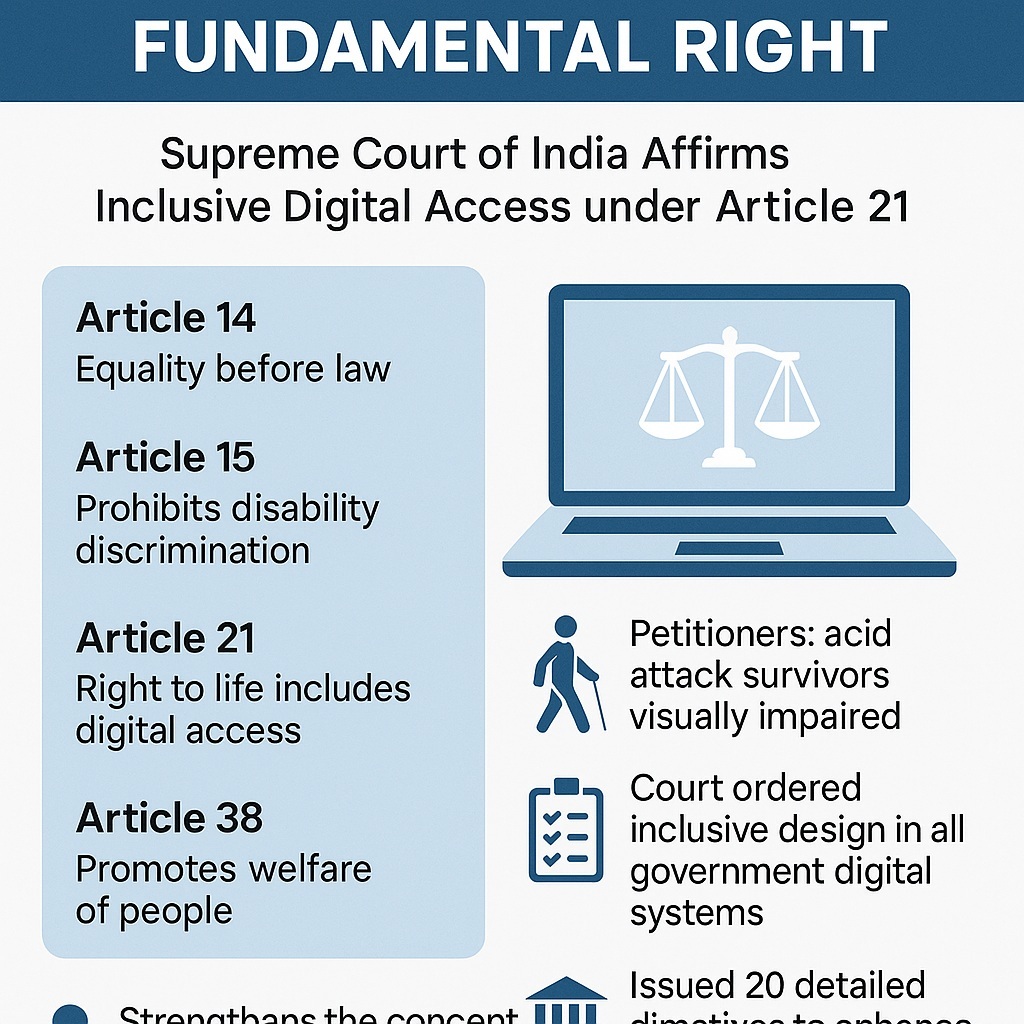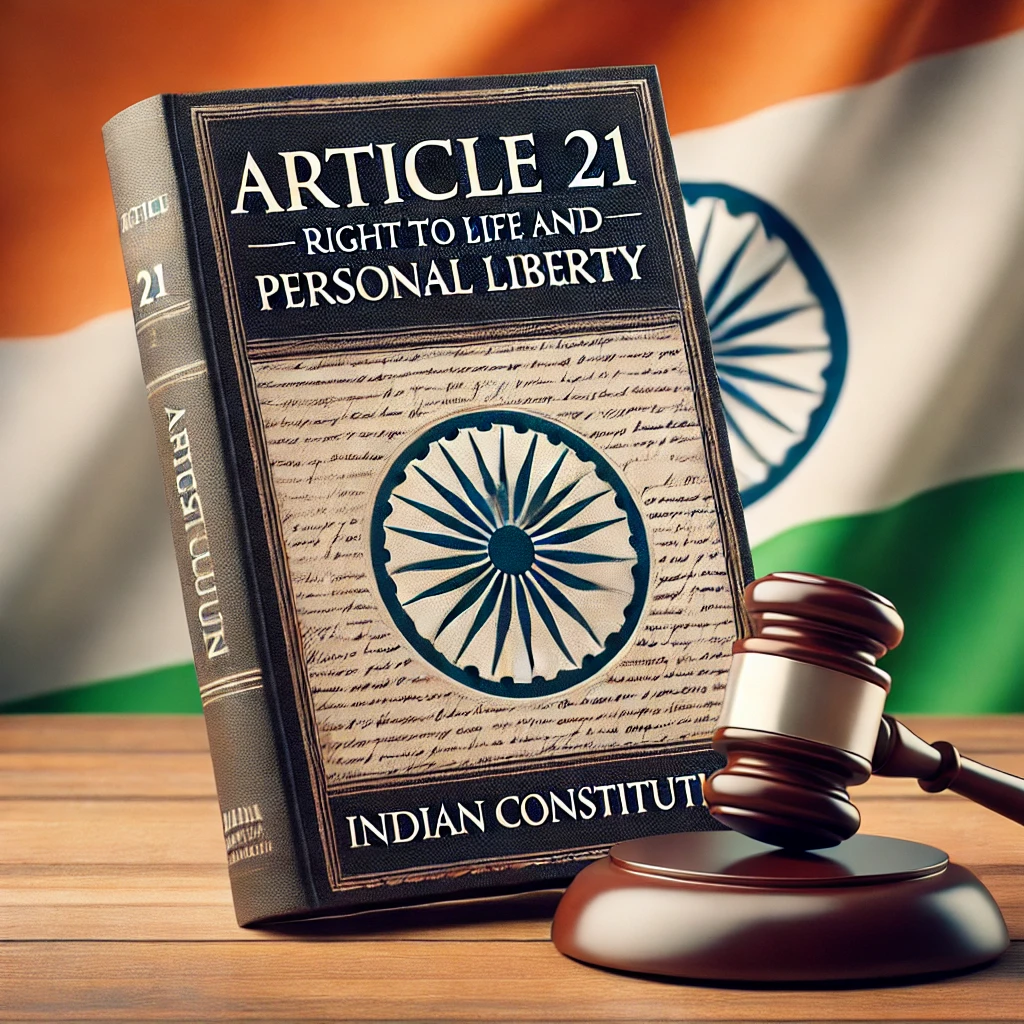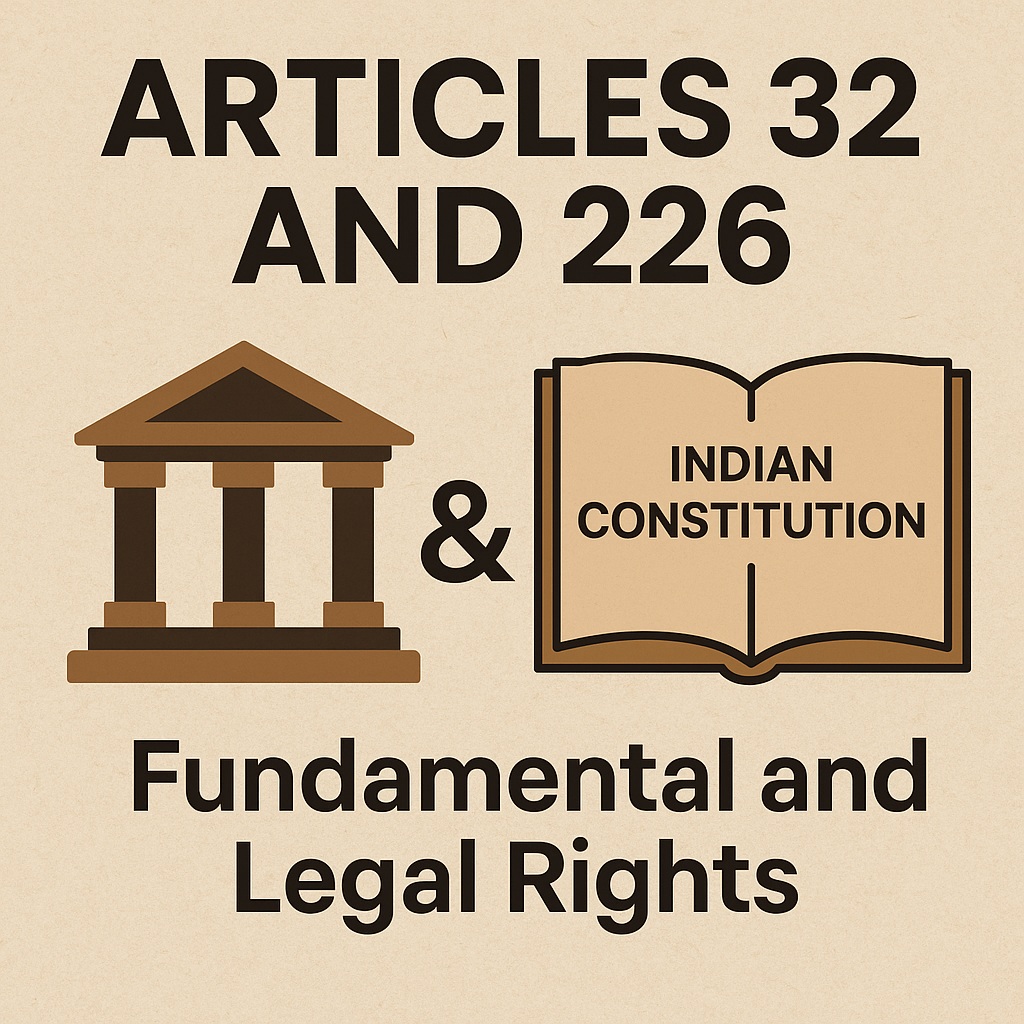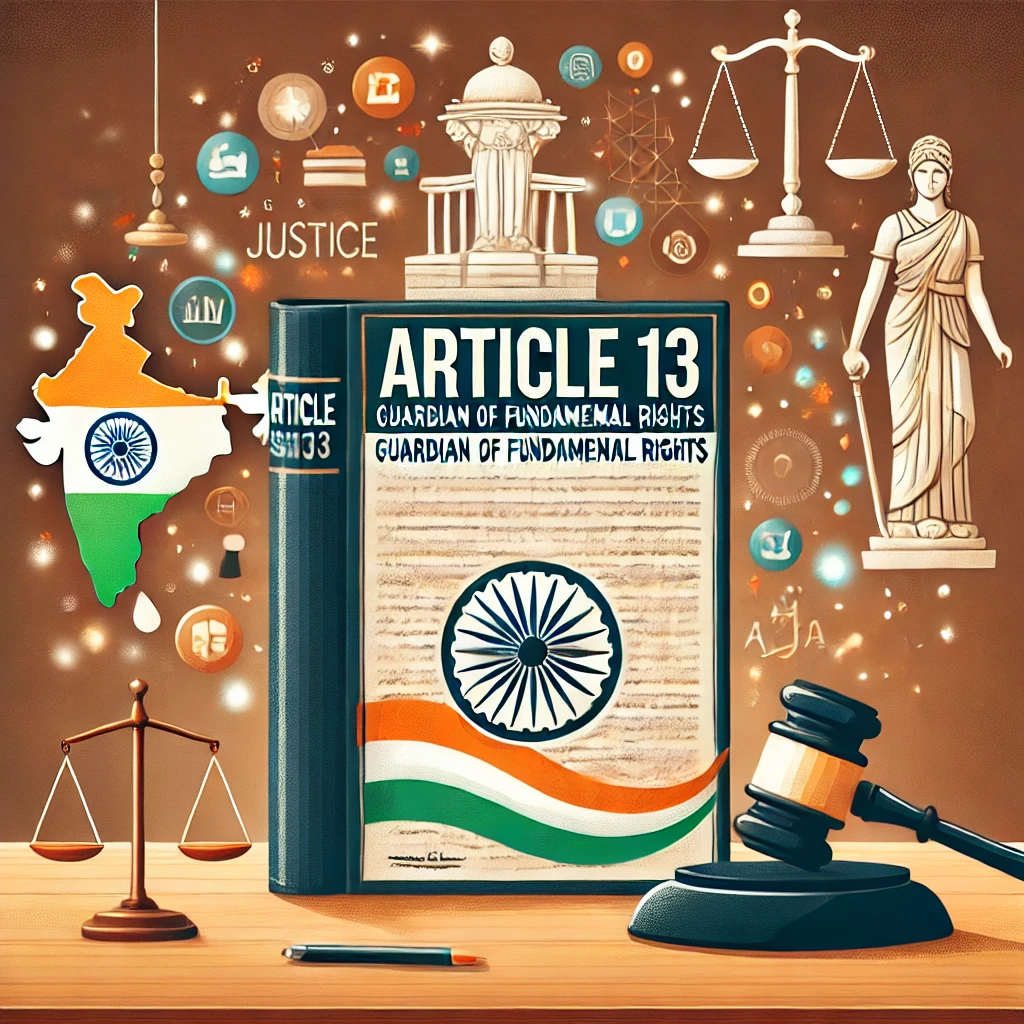Digital Access a Part of Right to Life ⚖️
In a landmark verdict, the Supreme Court of India ruled that equal and inclusive digital access is a fundamental right protected under Article 21 (Right to Life and Liberty). The ruling stems from a petition filed by acid attack survivors and visually impaired persons, who encountered severe barriers in completing digital Know Your Customer (KYC) procedures for availing government schemes.




